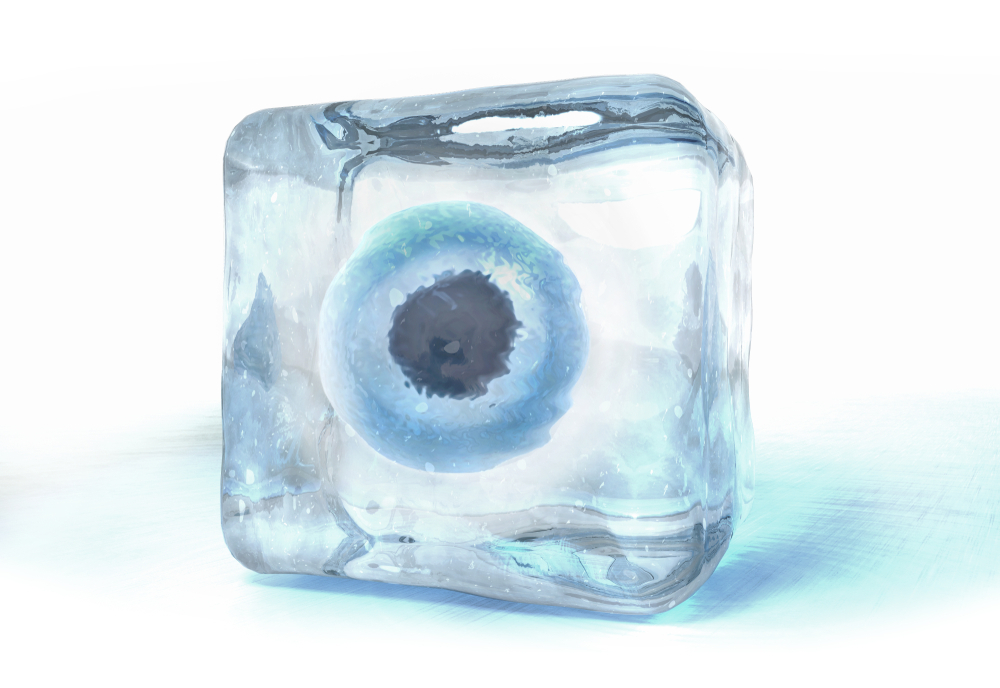
Are frozen donor eggs just as good as fresh? I get this question all the time. Actually, there is no right answer: it all depends on your own particular needs and desires.
Before you begin looking for a donor (fresh or frozen), my advice is to prioritize these major factors:
Cost: are your funds very limited, or do you have some flexibility?
Time: are you on a deadline (for insurance, your clinic’s age cut off, or some other reason)?
Selection: are you looking for a particular ethnicity, education level, or some other specific quality?
One of these three factors must be number one, and one must be number three. They cannot all be number one!
First, you should have a general understanding of the difference between fresh and frozen eggs. Think of fresh eggs as a product and frozen eggs as a process.
Frozen egg banks recruit, screen and cycle donors “on speculation,” then freeze the eggs in batches of six or so (two or three batches can result from a single retrieval). Since the screening and cycling is already completed, frozen eggs are the faster option, available to ship to your clinic right away to thaw, fertilize and transfer whenever you want.
Frozen egg banks compensate donors on the lower end of the scale, starting around $5,000. Because the retrieval results are divided and donors are paid less, frozen eggs are less expensive than fresh. A frozen batch is about $15,000.
Working with a fresh donor is a process that takes about three months from start to finish. Fresh donors are offered through private agencies (as well as some clinics). If going with an agency donor, first you choose the donor and then she goes through the screening and egg donor cycle. There can be setbacks (for example, if the donor does not pass her screening, you will need to pick a new candidate). However, you get all the eggs from the retrieval, and they are fertilized fresh: this presents a greater chance of success, statistically. Fresh donors are generally paid more, typically starting around $8,000. More appealing candidates (very attractive and/or highly educated women) demand higher compensations, so they tend to go the private agency route. All in, with medical and agency fees, a fresh cycle can cost up to twice the cost of a batch of frozen eggs.
So if cost and time are your number one or two, frozen eggs may be better for you. If selection is number one, fresh may be better. But when you are just starting out, cast a wide net and look at whatever is available. You priorities may shift a little once you start looking.